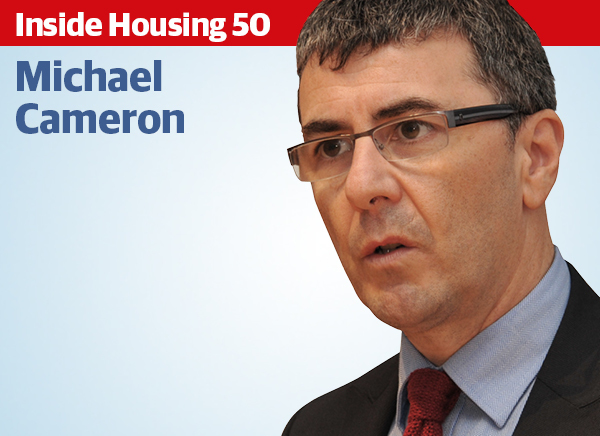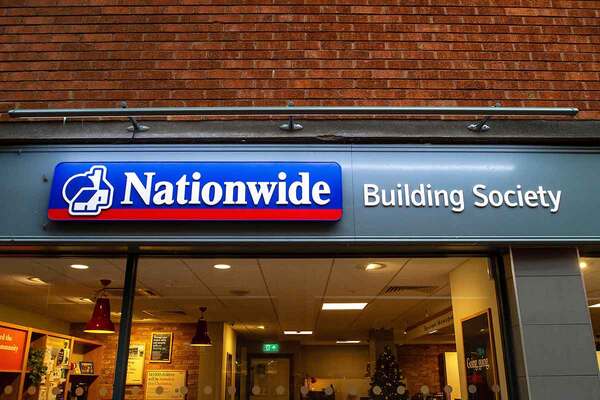You are viewing 1 of your 1 free articles

Better methods of accountability
Michael Cameron asks whether it’s time for all Scottish housing associations to have a mandatory internal audit

It’s oft said that change is the only constant. It’s a sentiment that can be applied easily to the world of social housing, and to its regulation.
In the coming year we’ll start a comprehensive review of our regulatory framework. This meets the commitment we made when we launched the current framework in 2012.
We’ll start by asking our stakeholders what they think has worked well and what may be better to change. We’ll use the feedback from this to inform a discussion paper in the New Year. We’ll look back on five years of operating the current regulatory framework and at changes in the operating context for social landlords over those five years. We’ll consider the likely future context for social landlords.
We want to build on what works and put in place an effective and sustainable regulatory framework for the next five years.
This new framework will sit within the current legislation, albeit amended for the changes needed to have registered social landlords reclassified as private bodies. So, we’ll keep our focus on our statutory objective to safeguard and promote tenants’ and service users’ interests.
“We want to put in place an effective and sustainable regulatory framework for the next five years.”
We’ve already identified two emerging points to discuss through the review.
First, we want build on our approach to empowering tenants. We do this by providing them with good information on the performance of their landlord.
Our charter reporting tools are popular with tenants and others. These help tenants to better understand their landlord’s performance and to compare this with the performance of other landlords.
Alongside our work to empower tenants, social landlords in Scotland are establishing tenant-led scrutiny as a way to involve tenants in their work. We believe effective tenant-led scrutiny is an important way to empower tenants. It also helps landlords better understand tenants’ views and priorities, and to identify where they can improve.
So, we believe it’s right to ask stakeholders how we can build on the success of the charter, our charter reporting tools, and tenant-led scrutiny.
Second, we want to learn from our statutory interventions.
We have had to use our statutory intervention powers in seven housing associations over the past three years. These interventions were necessary to tackle weaknesses or failures in governance.
A significant, and common, weakness in these landlords was that the governing bodies had a poor understanding of their role and a poor awareness of the position the landlord was in. They did not seek independent assurance around important decisions. None had an effective internal audit function, and most had no audit committee.
These landlords were not meeting regulatory standards, and the governing bodies did not know that they were not meeting the standards.
Last month we published our report on the intervention at Wellhouse Housing Association. This, once again, highlighted how critically important it is that governing bodies actively seek assurance they are meeting the regulatory standards.
At Wellhouse, we found a range of significant failings but crucially the governing body sought or got little or no effective assurance around important decisions.
“We believe that audit committees supported by an effective internal audit function can help associations to meet regulatory standards.”
At the moment, we require only systemically important housing associations to have an audit committee and internal audit function. Many other associations recognise the value of internal audit and have this in place even though it is not a regulatory requirement for them.
From our experience with the statutory interventions, we believe that audit committees supported by an effective internal audit function can help associations to meet regulatory standards. Effective internal audit can provide independent assurance to a board or committee that the organisation’s management of risk and its internal controls are working well.
So, this begs the question: is it time for an internal audit to be mandatory for all housing associations?
We will be discussing all of this with stakeholders during the year.
Michael Cameron, chief executive, Scottish Housing Regulator









